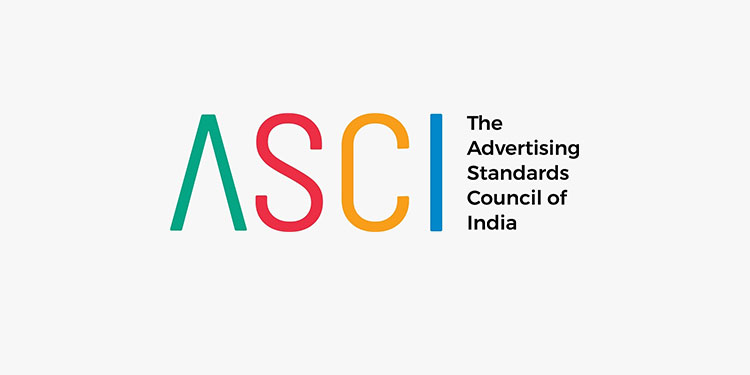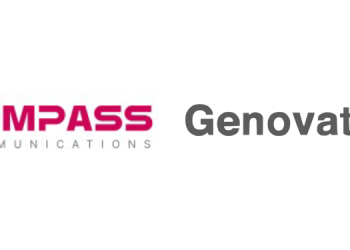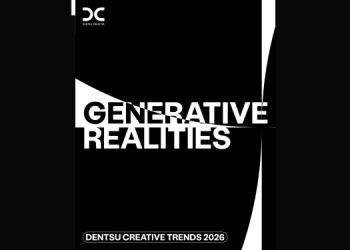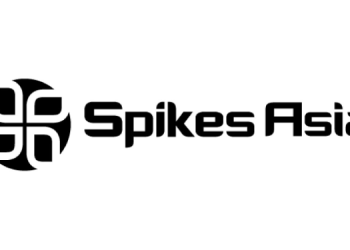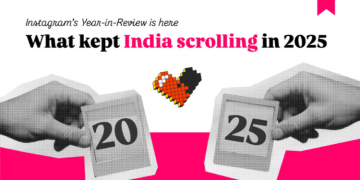The Advertising Standards Council of India has recommended an amendment to its “Guidelines for Advertising of Educational Institutions, Programmes and Platforms”. For this purpose, it has invited public consultation so that all stakeholders can participate and frame a set of just and equitable guidelines for a critical industry of the country.
ASCI stated that all educational institutions, from universities, colleges and schools to coaching classes, EdTech platforms and others that offer education and training programmes will be subject to these guidelines. The self-regulatory body further stated that the marketing communication in this sector should be honest and does not harm consumers through its portrayals or content.
In this year, the education sector has contributed to 27% of objectionable ads that ASCI processed (Traditional education 22% and EdTech 5%). The recent EdNext study conducted by ASCI also revealed that 49% of parents chose EdTech platforms based on advertising, demonstrating the importance of advertising regulation in maintaining the robustness of the educational framework. The report also brought out some concerns that stakeholders and experts had when it came to the manner in which learning seemed to be solely linked to exams and high scores. It is to address some of these concerns that ASCI has proposed a comprehensive update of the existing advertising guidelines for the sector.
The guidelines ensure that advertisements by the sector do not undermine the well-being of students. The guidelines continue to require educational entities to substantiate any claims they make with relevant evidence.
The revised guidelines seek to ensure that students are neither stereotyped based on their gender or appearance nor are those who score low, portrayed as unsuccessful or failures. Advertisements must also not portray average or poor-scoring students as demotivated, depressed, unhappy or receiving less appreciation from parents, teachers, or peers. Together with considering students’ mental health, the updated guidelines will factor in their physical health; advertisements are required not to feature students sacrificing sleep or meals in order to study as this normalises unhealthy habits. Creating a false sense of urgency or fear of missing out which could accentuate parental or student anxieties regarding education, too, will be considered a violation of the ASCI code.

Manisha Kapoor, CEO and Secretary General, ASCI, said, “The education sector impacts millions of students and parents who make immense sacrifices to ensure the best education for their wards. Unlike most other products, education cannot be tangibly measured. The value of a programme is determined by means such as degrees, diplomas and other qualification nomenclatures, recognition, affiliations, testimonials, accreditations, admissions/jobs/compensation promises. Hence, it is critical that, in addition to being truthful and compliant with Chapter I of the ASCI Code, advertisers must consider any harm that can be caused through depictions or messages to young, impressionable minds. These updated guidelines will go a long way in ensuring that emerging fields such as EdTech can be harnessed as forces of good. We request that the public come forth in large numbers and share their views for a cause that is vital for the well-being and the future of our country.”
View the updated guidelines here.

